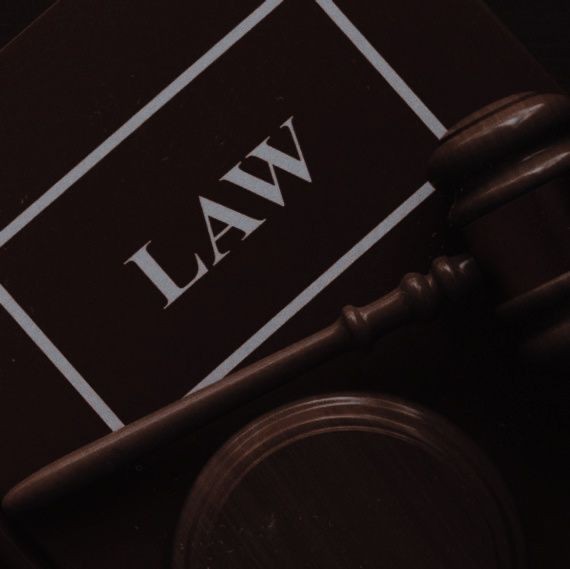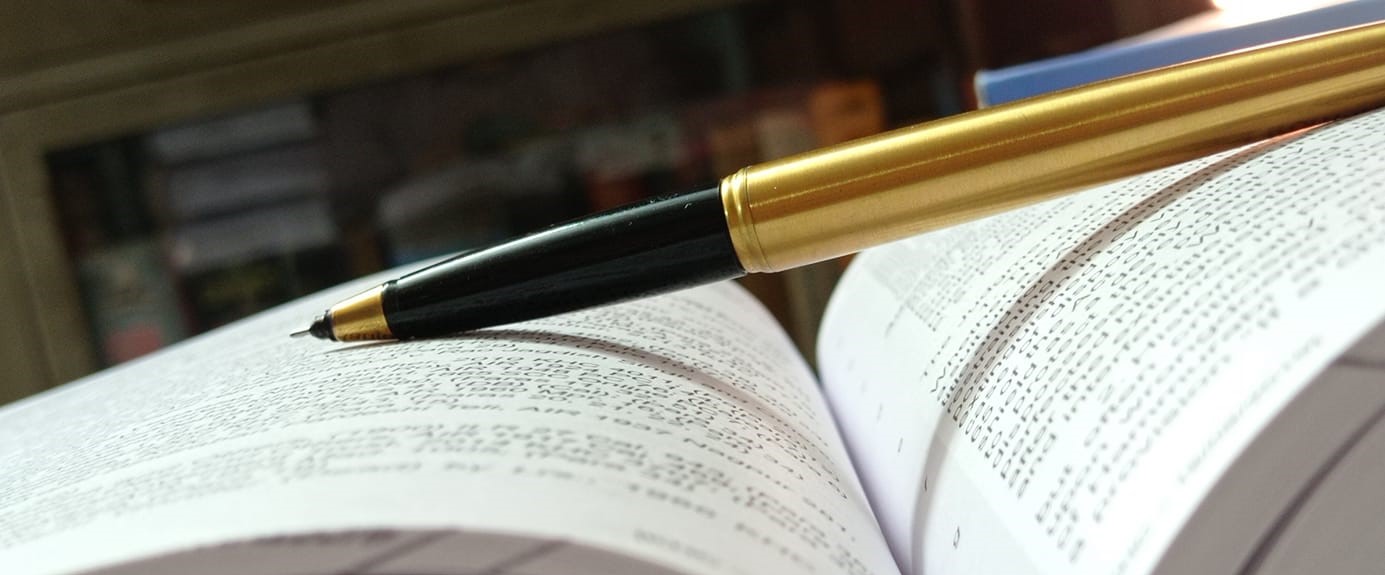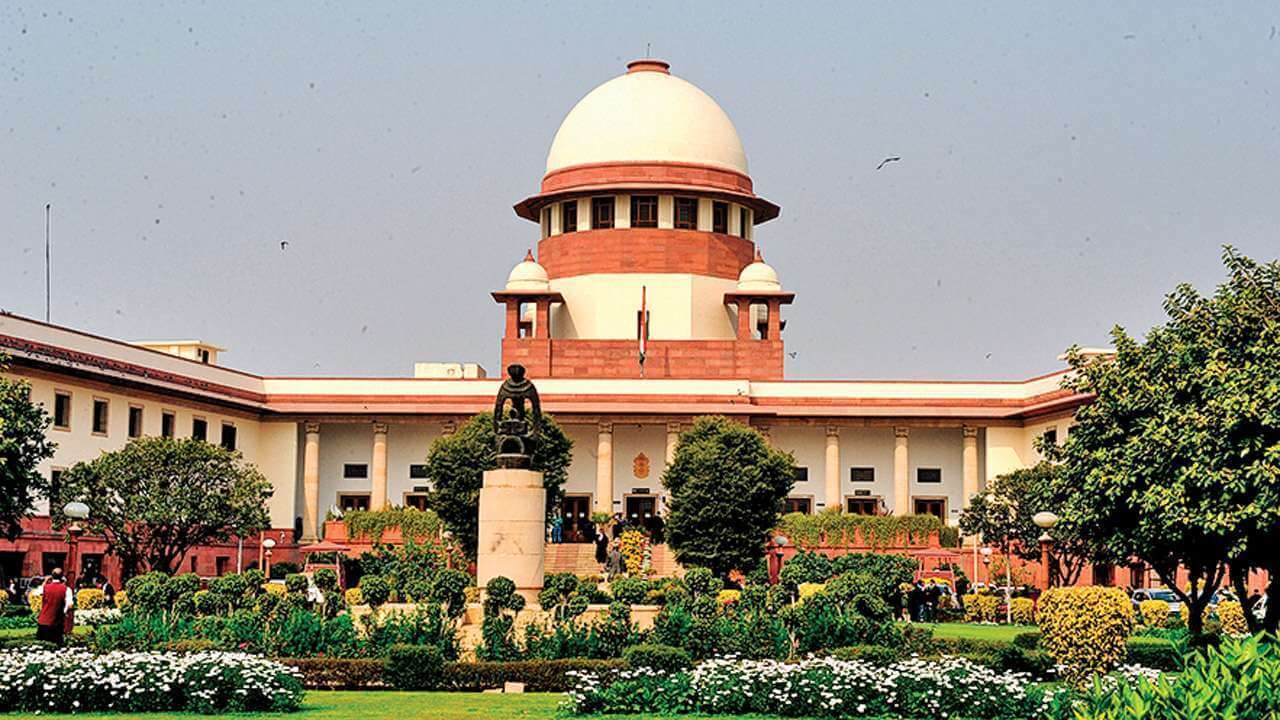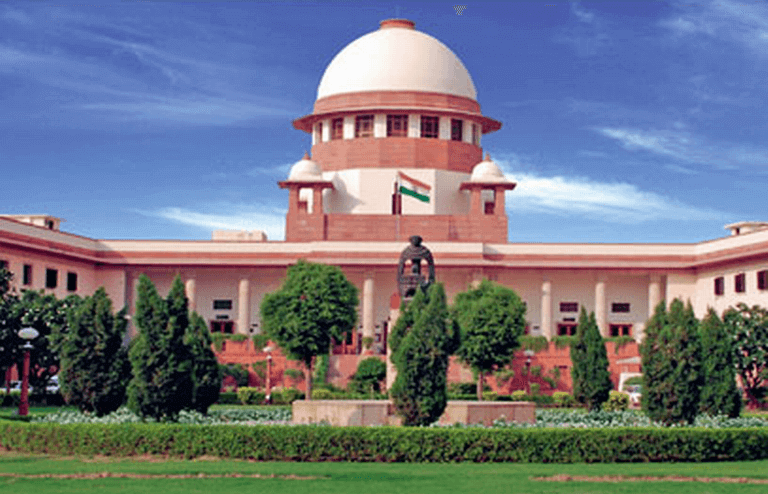Inherent powers under Sec.151 of the Code - Principles reiterated
Inherent powers under Section 151 CPC can be exercised by the Court to redress only such a grievance, for which no remedy is provided for under the Code of Civil Procedure. Section 151 CPC is a mere procedural provision which enables a party to have the proceedings of a pending suit conducted in a manner that is consistent with justice and equity. The said inherent powers cannot be used to re-open settled matters or to restrain the execution of a decree at the instance of one who was not a party to suit. Consolidation of suits is not provided for in CPC but can be done under Section 151 CPC where a common question of fact and law arise but not being a case of misjoinder of parties. Non-consolidation may lead to a multiplicity of suits and may prejudice a party or result in the failure of jus- tice. Inherent powers may be exercised ex debito justitiae in those cases, where there is no express provision in CPC. The said powers cannot be exercised in contravention of, or in conflict with, or upon ignoring express and specific provisions of the law. (Paras 28.2, 13 and 14) The inherent powers under Section 151 CPC can be exercised where a party has obtained a decree or order by playing a fraud upon the court, or where an order has been passed by a mistake of the court, the court may be justified in rectifying such mistake, either by recalling the said order, or by passing any other appropriate order. Moreover, in the event that a fraud has been played upon a party, the same may not be a case where inherent powers can be exercised. In such an eventuality, a party has the right to get the said judgment or order set aside, by filing an independent suit. (Paras 16 to 19, 28.3 and 28.4).- Ram Prakash Agarwal v. Gopi Krishan (2013) 11 SCC 296













_20250714_964f1.jpg)















